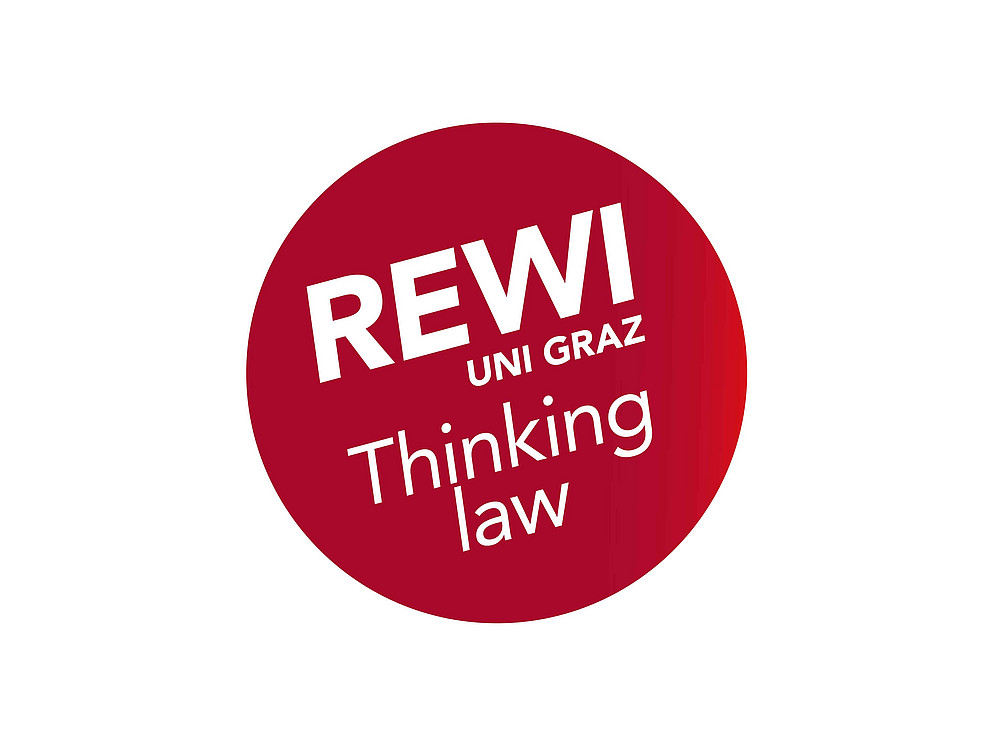"Research in law is marked by a wide range of interests and methods. Collectively, we need to foster diversity, encourage curiosity and we must strive for excellence."
Walter Doralt, Vice-Dean for Research

Law can be analyzed in a doctrinal way, focusing on current rules. It can be analyzed in a historical perspective, comparatively or through the eyes of an economist and also philosophically, ethically or with the help of sociological insights. These examples do not cover all possible angles, and each approach has its merits as well as limitations. What is fair cannot be analyzed with a focus merely on current legal regimes or on their economic impact. Rather, fairness and other ethical dimensions need an approach based on a particular branch of legal philosophy. What is more efficient, on the other hand, can be answered by law and economics. The functioning of other legal systems can be analyzed in comparative law, leading to a deeper understanding of our own system's strengths and deficiencies. Historical analysis is valuable in its own right; but it can also lead to a better understanding of our current law. All these approaches complement classical, doctrinal analysis. They also provide a better, more complete basis for legal reform.
The strong team at our Faculty is complemented by our international networks. Through the REWI-Fellowship program, outstanding colleagues from other legal systems and traditions have come to Graz for research stays while many of our existing cooperations have allowed us to gain new insights at other universities. Strengthening these ties is and will be a focal point of our research strategy.
